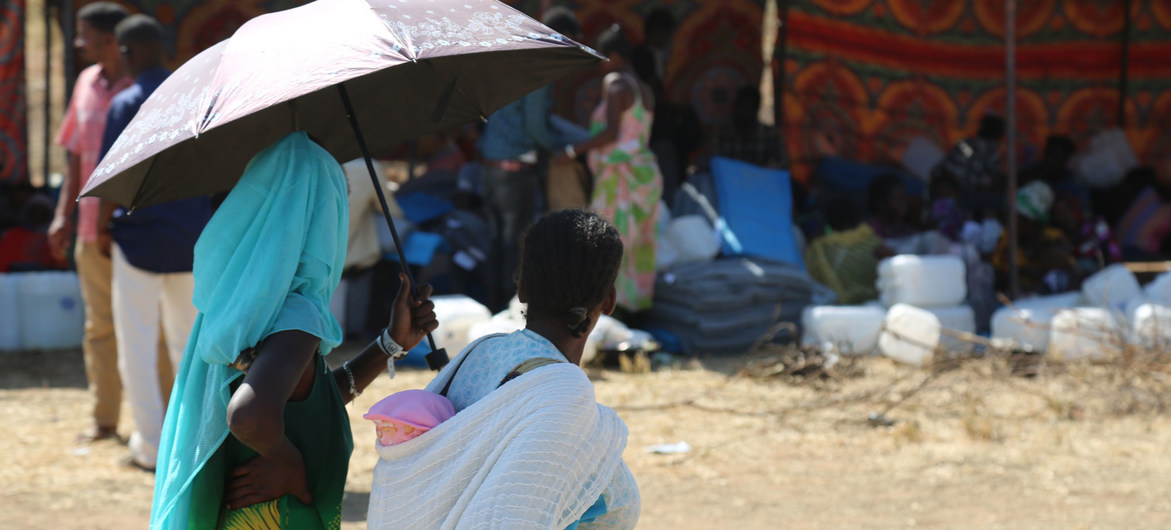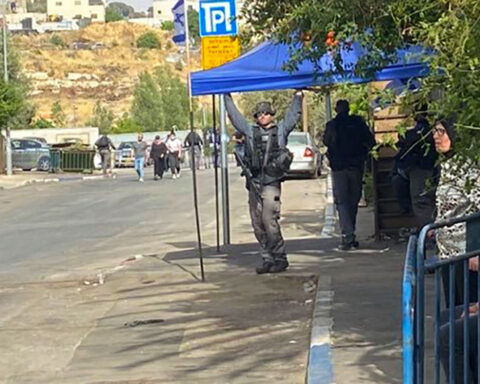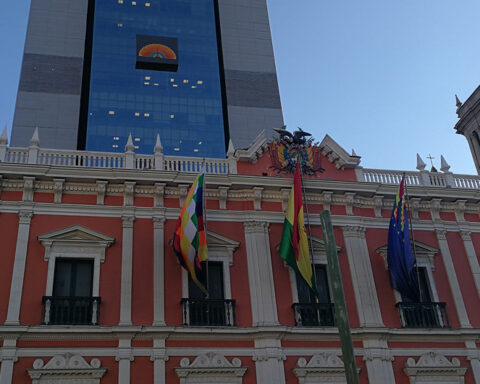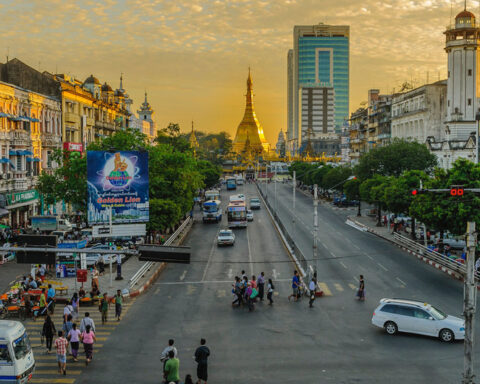Due to a near total communications blackout across Tigray, establishing facts on the ground is proving difficult, but UN Spokesperson Stéphane Dujarric told correspondents at UN Headquarters that more than half a million people remain in Mekelle “following information that fighting might move into the city in the coming hours.”
The TPLF was formerly the dominant political party of government in Ethiopia, losing out at the ballot box in 2018, when Abiy Amed won the prime ministership that April, forming a ruling coalition that the TPLF reportedly declined to join.
The TLPF’s leader has reportedly rejected the ultimatum to surrender, and pledged to fight on, denying also that Mekelle was encircled on Monday.
“The UN and its humanitarian partners in Ethiopia are urgently calling on all parties to the conflict to comply with their obligations under international humanitarian law and protect civilians and civilian infrastructure, including health facilities, and water systems”, added Mr. Dujarric.
Free and safe movement
Humanitarian colleagues are stressing that it is urgent that all parties to the conflict enable the free and safe movement of civilians fleeing in search of safety and assistance, “including across international and within national borders, regardless of their ethnic identification”, he said.
The UN together with partners in Ethiopia, is on standby to provide humanitarian assistance to people impacted by the conflict. But the UN Spokesperson made it clear that for aid to reach those in need, “free, safe and unhindered humanitarian access is urgently needed.”
Nearly 39,000 people have now fled across the border into neighbouring Sudan, including 17,000 children. The response is scaling up, he added, “but the influx of arrivals is outpacing the capacity on the ground and additional funding is urgently needed.”
UNHCR, the UN refugee agency, has begun to relocate refugees from transit centres to a displacement settlement in Um Raquba, where the UN reproductive and maternal health agency UNFPA, is working with partners to provide critical services.
‘Slaughtered in front of my own eyes’
A majority of the relocated refugees are women and children: “I have seen men are slaughtered in front of my own eyes. I cannot forget that”, one young woman told UNFPA officials in the southeast Sudanese camp at Um Raquba, during a needs assessment in the past few days.
“I ran from home when the gunfire was going off. I still don’t know where my father and brothers are.”
Many of the women and girls are fearful for their safety. Vulnerability to gender-based violence often increases during humanitarian crises.
“When I left, I fled with seven children. We travelled for four nights on foot across the bush and forest. During day, we hid”, one 37-year-old refugee told UNFPA. “I have two daughters, 20 and 18 years old. I cannot sleep soundly because I have anxiety over the safety of my daughters.”
Additionally, refugees lack safe toilets and private shower facilities. Women and girls have resorted to walking some distance from the settlement to relieve themselves in the open, exposing them to potential violence.
UNFPA and partners are stepping in to prevent and respond to gender-based violence. Psychological first aid and trauma counselling are urgently needed, the agency said.
Reproductive health needs unmet
Women’s reproductive health needs are also dangerously unmet. The nearest referral health facility able to provide post-rape treatment or emergency obstetric care is about 40 minutes from Um Raquba.
“One woman lost her baby after nine months of pregnancy due to a lack of services”, said Massimo Diana, UNFPA’s Representative in Sudan. The woman had arrived at the health centre too late to deliver safely.
“No woman should have to go through this, and we are working to ensure services are available to save lives”, he added.
UNFPA estimates that, of the newly arrived refugees in Sudan, more than 700 are likely to be pregnant, and there may be around 150 survivors of gender-based violence in need of assistance. This estimate is based on the Minimum Initial Service Package for Reproductive Health in Crisis calculations, wherein around 2 per cent of women of reproductive age are expected to experience sexual violence.
More than 7,500 refugees are estimated to be women of reproductive age.
“The first day I arrived in this camp, I began menstruating,” one 26-year-old refugee told UNFPA. “One day, I stayed wearing stained, bloody clothes. Then I sold my only valuable – my Android phone – to buy underwear, cotton and soap to deal with menstruation.”
UNFPA responding
UNFPA is working to establish safe spaces for these women and girls, where they can find psychosocial support and referrals to health and other services. With partners, UNFPA is also working to distribute dignity kits, which contain hygiene supplies such as sanitary napkins, clothing, soap, undergarments and other necessities.
UNFPA has provided clean delivery kits containing basic supplies to facilitate a safe childbirth, including antiseptic cream, a razor to cut the umbilical cord, a sterile sheet for a woman to deliver on, and a blanket to warm the baby. More comprehensive emergency reproductive health kits are being provided to health workers and to clinics that are being set up on-site.
“The situation for these women and girls is extremely difficult, and there is widespread trauma. We are working urgently with our partners to provide life-saving sexual and reproductive health services and psychosocial support, and to protect women and girls from harm”, said Dr. Natalia Kanemv, UNFPA Executive Director.
“With many more people expected to cross the border, additional support will be critical to meet rising needs.”






